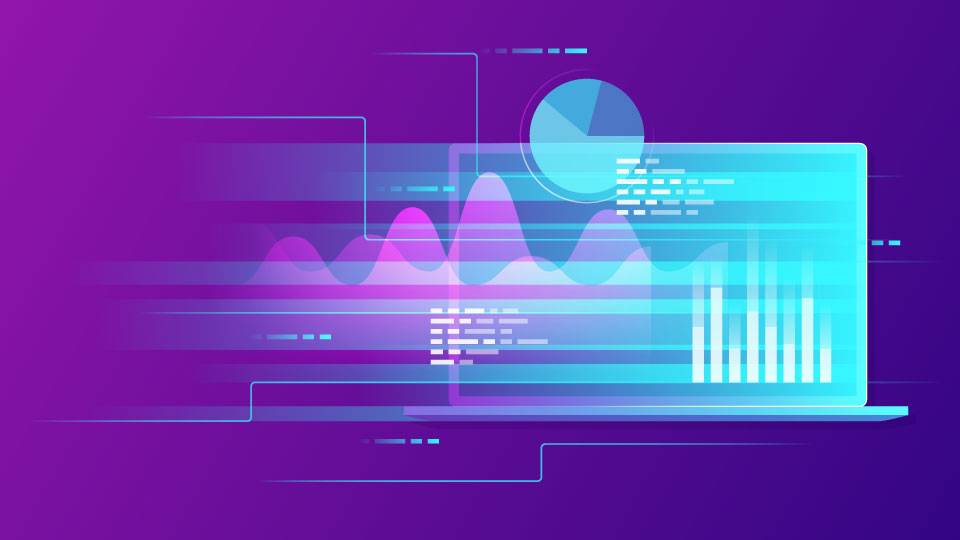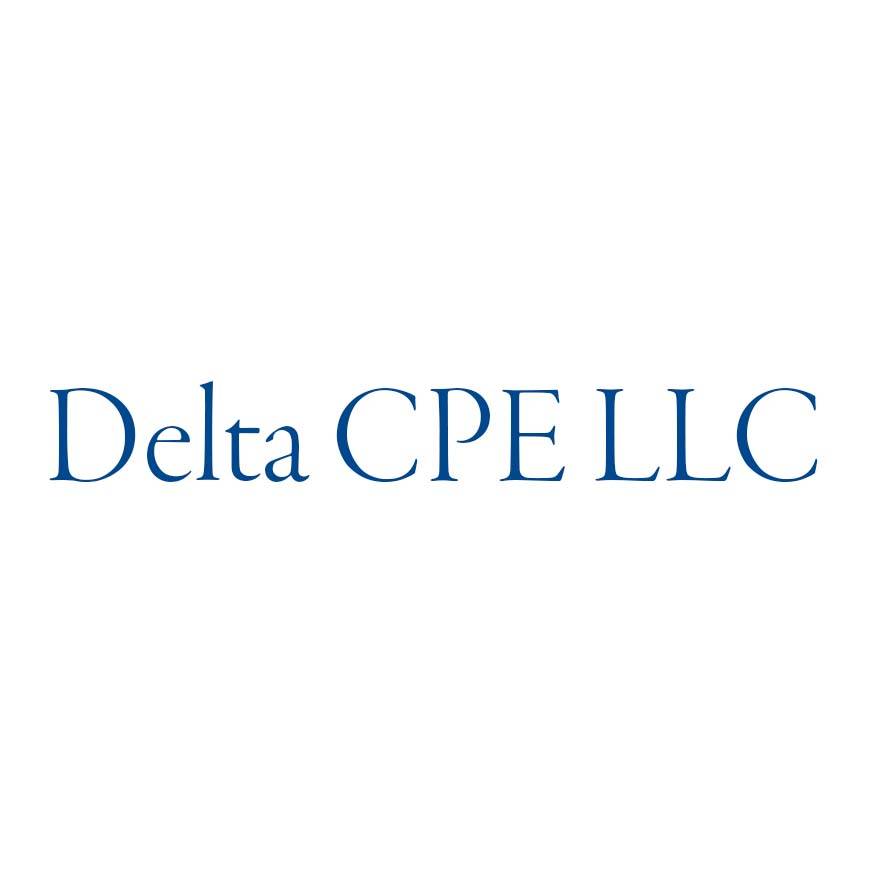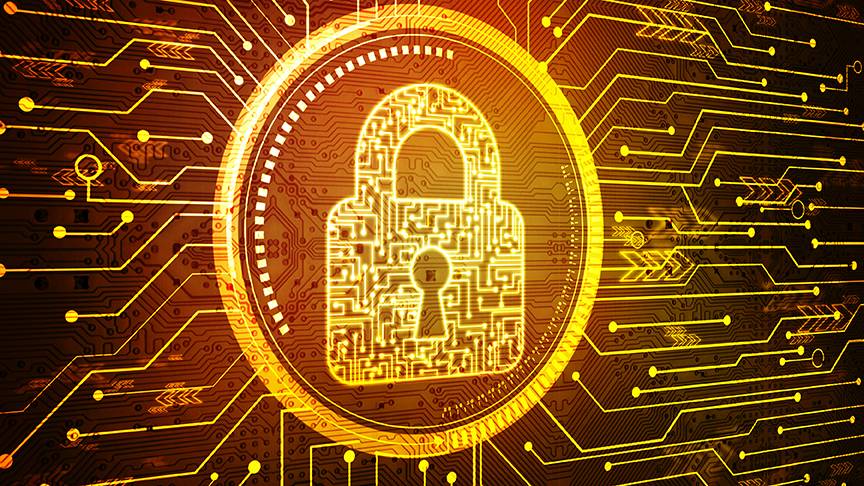Self-Study
E-Commerce Technology & Security
Explore e-Commerce tech solutions and security for your business.

$232.00 – $262.00
Webcasts are available for viewing Monday – Saturday, 8am – 8pm ET.
Without FlexCast, you must start with enough time to finish. (1 Hr/Credit)
Please fill out the form below and we will reach out as soon as possible.
CPE Credits
8 Credits: Information Technology
Course Level
Overview
Format
Self-Study
Course Description
Technological advances change how we live, work, and relate to one another, and continue to change the way businesses operate. With new technologies emerging, businesses of all sizes invest more resources into their online operations. E-commerce will continue to grow in popularity because it improves efficiency and allows businesses to provide value and convenience to customers. E-commerce requires businesses to keep up-to-date with changes in technology, and new and emerging trends are considered.
This course focuses on the technology solutions and security strategies for a successful e-commerce business. The course begins with the basic concept of e-commerce. It discusses what e-commerce is and how it is evolving in the modern world. It also explains how the Internet and related technologies and applications have changed the way businesses are operated, and how information systems support business processes, decision-making, and competitive advantage.
The ultimate survival and success of the business often depend on its involvement with technology. Businesses must be abreast of recent developments in e-commerce. This course explains how e-commerce has benefited from cloud computing technologies and describes the innovative uses of IoT in e-commerce and the challenges of a more connected world. It explores how blockchain integration in e-commerce enhances the customer experience and revolutionizes the way financial transactions are conducted. It also explains how cryptocurrency works and its role in e-commerce, and discusses the most popular types of cryptocurrencies.
E-commerce businesses, a particularly attractive target for breaches and attacks, receive and store a great amount of online transactions and data. As cybercrime continues to mature and become commercialized. you must be aware of the evolving fraud and scams to earn the trust of your customers. This course discusses common types of cyberattacks, and how to recognize them. It provides information on best practices to help individuals and organizations develop and implement tailored cybersecurity plans and processes that protect and maintain business operations.
Learning Objectives
Upon successful completion of this course, participants will be able to:
- Recognize the basic World Wide Web concepts;
- Identify need-to-know terms before entering the market;
- Recognize how technology has transformed business;
- Identify e-commerce models, benefits and limitations, and success factors;
- Recognize the technologies used in the Intranet and its benefit;
- Identify the uses of an EDI system and its benefits;
- Recognize different applications of e-commerce;
- Recognize major cloud service models, including their features and use cases;
- Identify key metrics that measure the performance of the cloud service;
- Recognize how the integration of IoT in e-commerce improves customer experience;
- Identify IoT benefits and security risks;
- Identify the key components of blockchain technology;
- Recognize different types of blockchains;
- Identify the key aspects of cryptocurrency;
- Recognize the benefits of accepting crypto payments;
- Recognize common indicators of a phishing email and ways to avoid attacks;
- Identify ways to defend your online store against card skimmers;
- Recognize DDoS protection techniques;
- Identify steps that help prevent and limit the impact of ransomware;
- Recognize security strategies counter a broad range of exploitation techniques used by cybercriminal; and
- Identify PCI DSS requirements that safeguard the security of sensitive cardholder data.
Course Specifics
224370193
February 14, 2024
There are no prerequisites.
None
185
Compliance Information
CFP Notice: Not all courses that qualify for CFP® credit are registered by Western CPE. If a course does not have a CFP registration number in the compliance section, the continuing education will need to be individually reported with the CFP Board. For more information on the reporting process, required documentation, processing fee, etc., contact the CFP Board. CFP Professionals must take each course in it’s entirety, the CFP Board DOES NOT accept partial credits for courses.
Meet The Experts

For many years, Delta CPE LLC has offered a wide variety of continuing education courses for financial professionals. Topics covered by Delta’s courses include accounting, financial management, budgeting, investments, financial statement reporting, business management, IFRS, ethics, valuations, real estate, and business writing. The diversity and breadth of Delta’s course offerings make the company a prolific and unique contributor to the CPE world. Delta’s well-credentialed authors and contributors have also been published in numerous academic and professional journals and quoted by some of the leading financial media outlets.
Related Courses
-
 Information Technology
Information Technology
Accountant’s Guide to Computers and Information Technology
Delta CPE LLC QAS Self-Study
Credits: 6 $174.00
QAS Self-Study
Credits: 6 $174.00$174.00 – $204.00
-
 Information Technology
Information Technology
Computer and Data Security Basics for the CPA
Joseph Helstrom, CPA QAS Self-Study
Credits: 1 $29.00
QAS Self-Study
Credits: 1 $29.00$29.00 – $49.00
-
 Information Technology
Information Technology
Cybersecurity: A Guide for Accountants
Delta CPE LLC QAS Self-Study
Credits: 9 $261.00
QAS Self-Study
Credits: 9 $261.00$261.00 – $291.00
